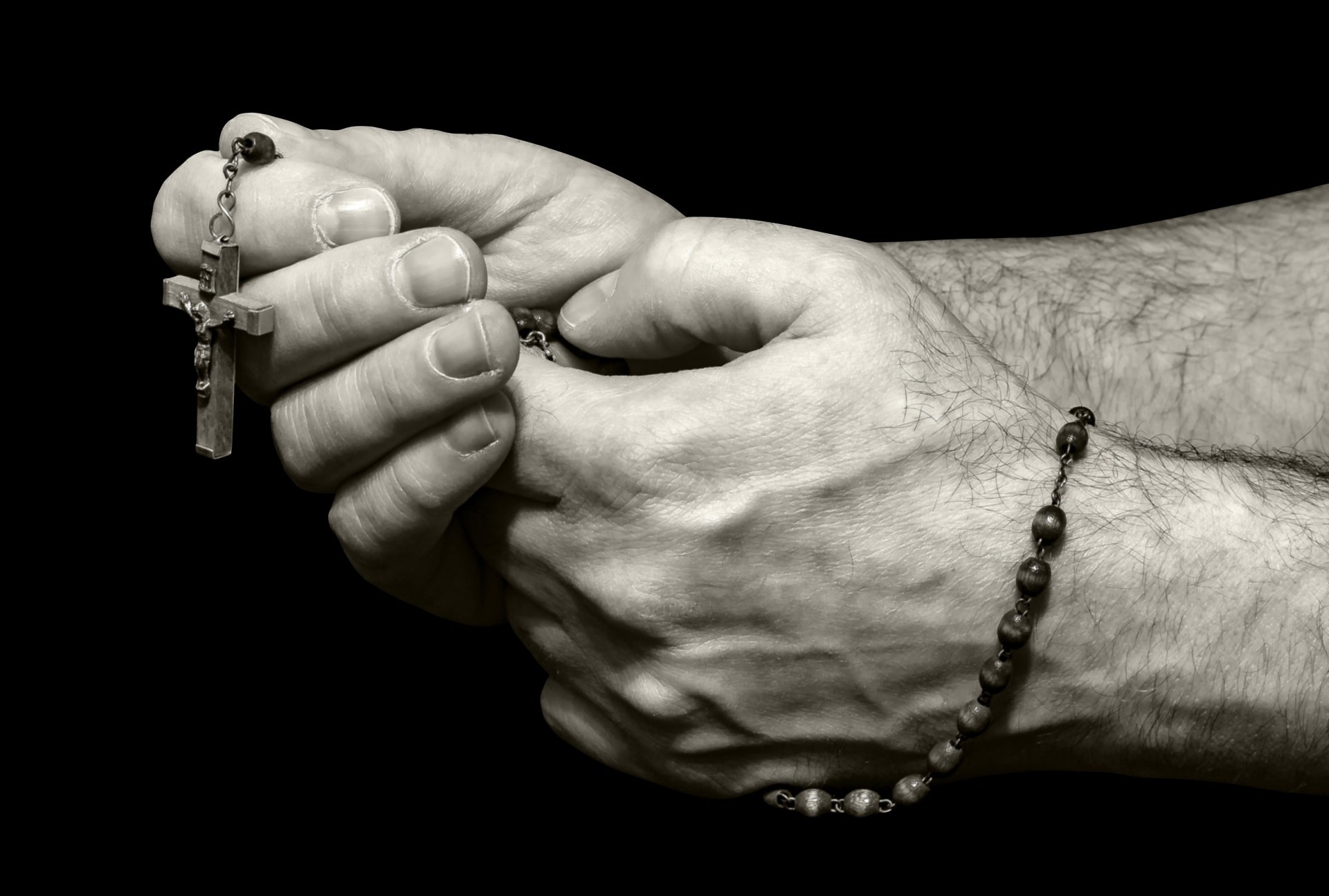“The prayer of a righteous person has great power as it is working.” I think about this verse often. I am not sure who counts as a righteous person, and I’m not sure how to qualify “working.” The sentence before says, “confess your sins to one another and pray for each other, so you may be healed.”
Login to read more
Sign in or create a free account to access Subscriber-only content.
